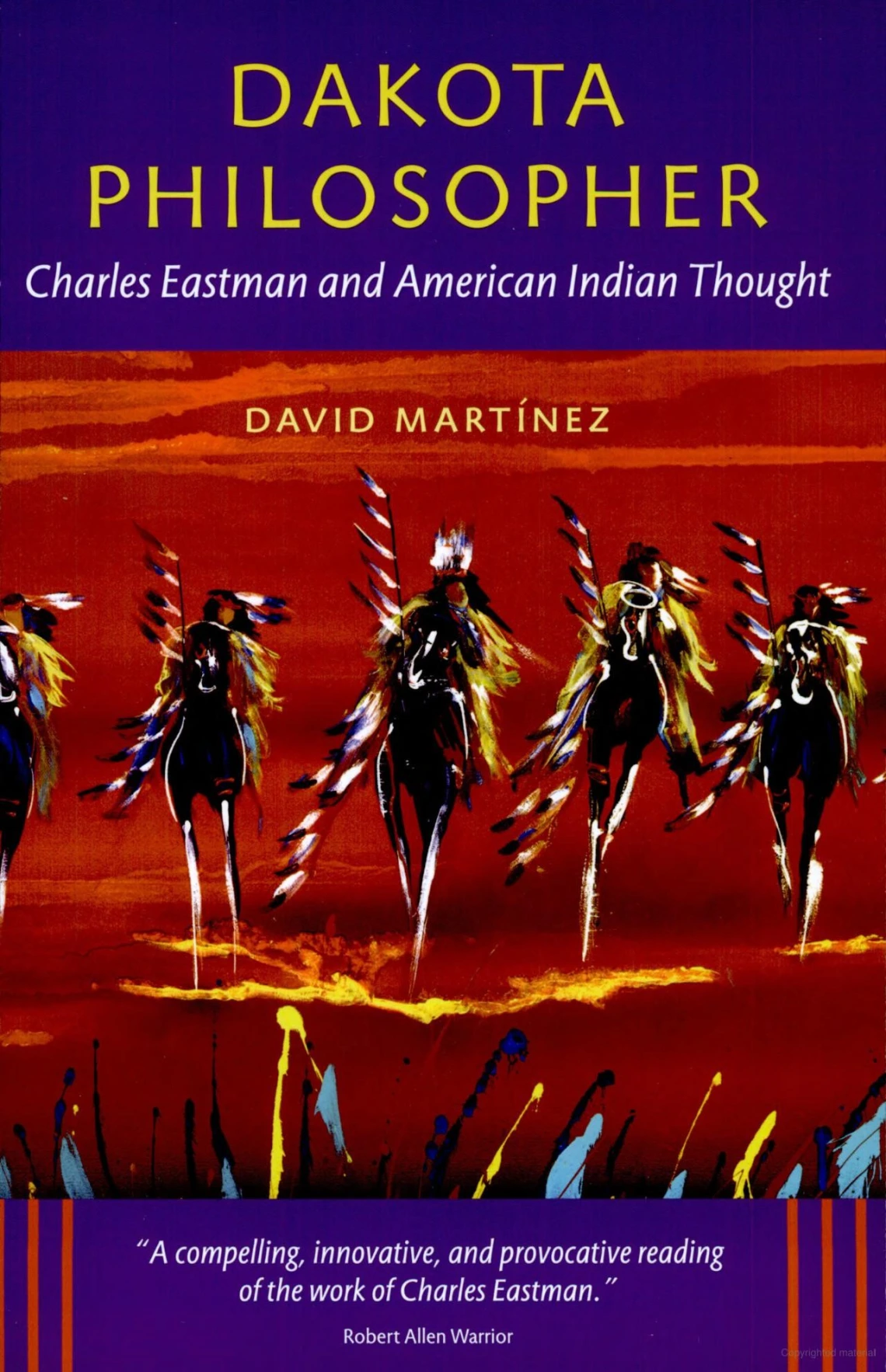
Charles Eastman (1858-1939) straddled two worlds in his life and writing. The author of "Indian Boyhood" was raised in the traditional Dakota (Sioux) way after the upheaval of the 1862 U.S.-Dakota War. His father later persuaded Ohiyesa to take a white name, study Christianity, and attend medical school. But when Eastman served as a government doctor during the Wounded Knee massacre, he became disillusioned about Americans' capacity to live up to their own ideals. While Eastman's contemporaries viewed him as "a great American and a true philosopher," Indian scholars have long dismissed Eastman's work as assimilationist. Now, for the first time, his philosophy as manifested in his writing is examined in detail. David Martiacute;nez explores Eastman's views on the U.S.-Dakota War, Dakota and Ojibwe relations, Dakota sacred history, and citizenship in the Progressive Era, claiming for him a long overdue place in America's intellectual pantheon.

